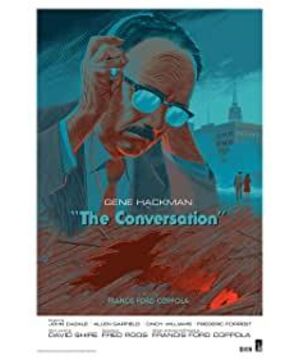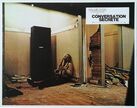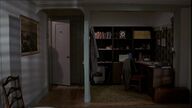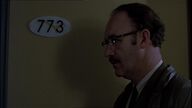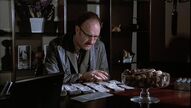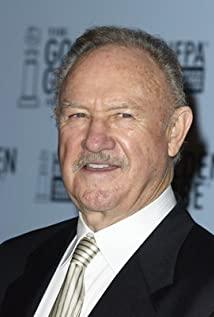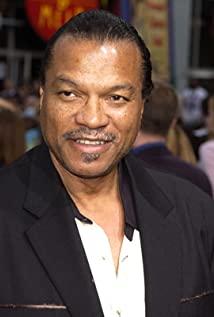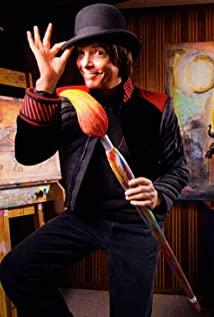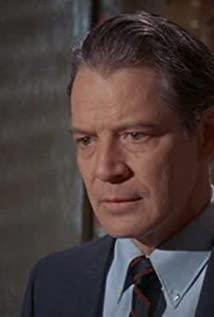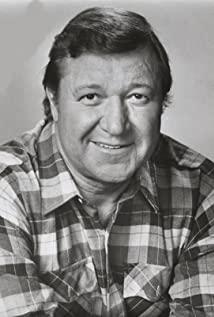The floor was pried open, the wall peeling off, Cole slumped on the ground, playing the saxophone, lonely and helpless. He will be trapped in the ruins, living under the surveillance of others, and will never be liberated. At this moment, the looking down lens is slowly shaking, like the eyes of a monitor, patrolling carefully. But you will never find it, let alone see those omniscient eyes, invisible like God.
Coppola's anti-genre movies, like Apocalypse Now, made me bewildered. It's not without logic, but I always feel that something is wrong, and there is no such thing as the pleasure of watching movies. In some places, it's almost incomprehensible. Why did you win the Palme d'Or award? It is about the society that is being monitored everywhere. People no longer have any trust between them, trapped in their respective cages, and lonely to death.
The sound editing is indeed remarkable, creating a suspenseful and terrifying atmosphere, and in conjunction with the picture, it vividly conveys Cole's inner fear.
What always happens, and you don't know anything.
Coppola always uses images to convey his philosophical concepts, but isn't it better to use words?
View more about The Conversation reviews


